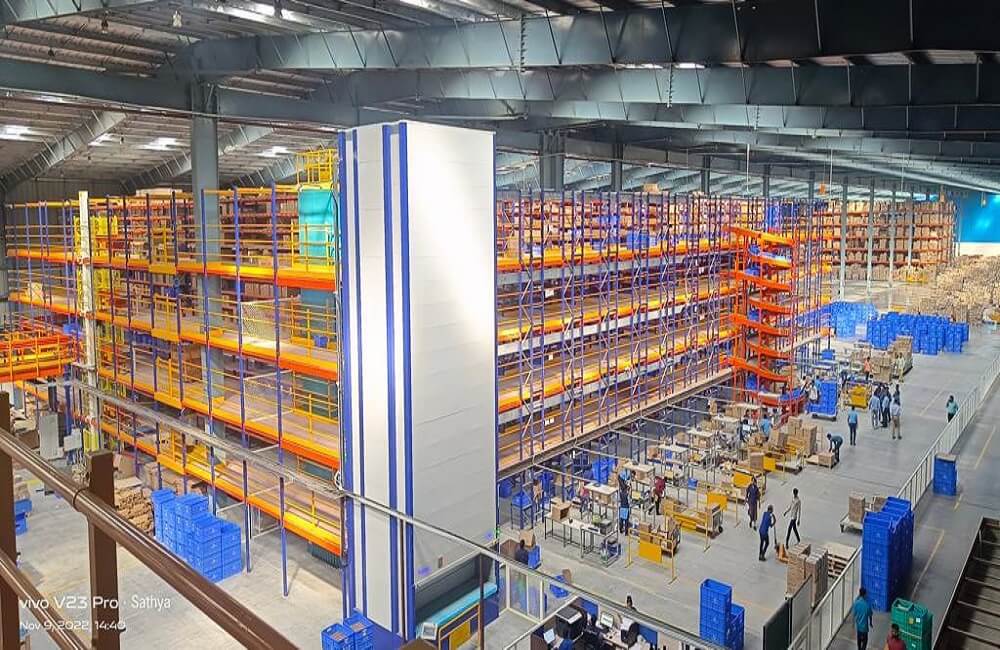The logistics market in India displays a notable fragmentation, characterised by the presence of numerous small-time players seeking to gain a foothold in the industry by cutting down on competition. Small and mid-level operators, constituting a significant portion of the market, often operate with a limited number of vehicles. This fragmented structure presents several disadvantages to the overall efficiency of the logistics ecosystem. The smaller fleets of these operators lead to challenges in optimal route planning and resource utilisation.
Moreover, the lack of a unified approach among multiple players results in increased operational costs and a lack of standardised practices. This fragmented landscape also poses hurdles in adopting advanced technologies and best practices, limiting the industry’s potential for innovation and growth. To overcome these challenges, there is a growing need for the implementation of accurate processes like company-owned fleet management systems to enhance the competitiveness and sustainability of the logistics sector in India.
Benefits of having a company-owned fleet

Varuna Group
Having a company-owned fleet provides businesses with enhanced control over logistics operations, from scheduling to maintenance, ensuring a tailored and efficient approach. Some of the major benefits are:
- Increased Control: Company-owned fleets give businesses heightened control over their logistics operations. This control spans various aspects, including scheduling, maintenance, route planning, and overall fleet management. This level of oversight allows companies to implement tailored strategies and ensures that their logistical activities align seamlessly with broader organisational objectives.
- Flexibility and Responsiveness: The ownership of a fleet enhances a company’s agility and responsiveness to dynamic market conditions. Businesses can swiftly adapt to supply chains or fluctuations in market demand by adjusting routes, schedules, and shipment sizes. This flexibility enables them to optimise their operations in real-time, contributing to improved customer satisfaction and a competitive edge in the market.
- Cost Efficiency: Despite the initial capital investment, owning a fleet can result in long-term cost efficiency. India aims to reduce logistics costs from 13% to 14% of GDP to 8% to 10% of GDP by 2030. Companies can achieve significant savings on transportation costs compared to relying on third-party logistics providers.
- Regulatory Compliance: Direct oversight of regulatory compliance is a notable advantage of owning a fleet. In industries with stringent regulations, such as safety standards or environmental requirements, having a company-owned fleet allows for a more hands-on approach to ensuring adherence.
A Roadmap to the Future
The seamless coordination of resources, proactive maintenance strategies, and data-driven decision-making will redefine the logistic sector. The future looks bright, as based on infrastructure development, penetration of autonomous trucks is expected to increase in the logistics market in the next 5 to 10 years.



